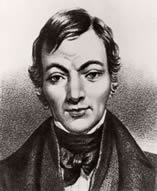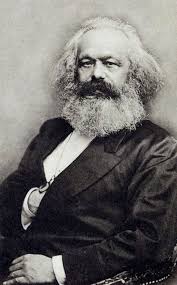Lesson Five: The Origins of Socialism
2. Lesson 3.5.1 Reactions to Classical Liberalism
Various Reactions to the Classical Liberalism of the Industrial Revolution:
-
Capitalists: Many capitalists or entrepreneurs were not worried by the social problems that resulted from industrialization. They saw few problems and believed that poverty was natural. They thought that government should let the economy run on its own. These people are considered supporters of classical liberalism and laissez-faire economics.
-
Reformists: Reformists supported the capitalist system, but they wanted government action to improve conditions for the workers. They believed that if workers were given the right to vote and the right to organize unions, they could force capitalists to improve working and living conditions. These people are considered supporters of modern liberalism and limited government intervention.
-
Socialists: Socialists believed that only the capitalists or businessmen benefited from the Industrial Revolution. The socialists disliked the whole concept of capitalism and felt that limited government intervention was not ideal. More government involvement in society was needed. These people are considered supporters of collectivism and a large amount of government intervention.
|
Classical liberalism did not meet the needs of all individuals. The general population felt that the poor were being taken advantage of by the rich. The abuses of capitalism led to increased government involvement and policies that supported the needs of the middle and lower classes. Socialist thinkers such as Robert Owen, Charles Fourier, and Karl Marx argued for changes that promoted the values of collectivism.
Robert Owen
Karl Marx Robert Owen and Charles Fourier were utopian socialists who believed that land and capital could be transferred from the capitalists to the workers through peaceful means.Editable text Karl Marx argued that capitalists would never be willing to transfer their ownership of land and capital to the workers. Marx believed that the only way to change society to socialism was through violent revolution. Marx's ideology of socialism was called Marxism or communism. You will study more of Karl Marx in the next unit. |
Read "Socialist Values and Early Socialists" on pages 143-146 in your textbook, Understandings of Ideologies. These pages will further your understanding of the responses to classical liberalism and the origins of socialism.
You should make notes, either on paper or on your computer, about what you have read.

